If you’ve ever felt discouraged by the cost of being zero waste, you’re not alone. An Instagram-worthy life of beautiful bulk food, DIY projects, and natural materials is not always easy on the wallet.
Whether you’re a student, a parent, or just someone who wants to be economical, there are ways to both avoid waste and wasting money. Although they may not always be glamorous, these simple zero waste tips can help you be kinder to your bank account as well as to the earth.
How to live Zero Waste on a Budget
While it could be said that transitioning to a zero waste lifestyle is easier (and arguably more exciting) when you can shell out on all the tools and shiny new objects that come along with it, it absolutely isn’t essential. And in some ways, it’s counter-intuitive anyway.
Minimalism and zero waste go together perfectly, so embrace the core values of focusing on what you need (rather than what you want) and keeping things simple, and you’ll be well on your way to living zero waste.
Ready to find out more? Below we’ve rounded up some great tips about how to be zero waste on a budget.

Start With What You Already Have
Remember that line from The Wizard of Oz that goes “Everything you were looking for was right there with you all along?” Chances are you already have what you need for day-to-day zero waste living. Dig deep into your drawers and far back on your shelves, and you’re likely to find bags, containers, extra material, and more.
If there’s something you’re missing, check with a relative or a friend to see if they’re willing to lend or give you what you need.
Go on a Treasure Hunt in Your Neighborhood
If there were three ‘S’s of zero waste, after sew and swap, would be salvage. Those of you living in a residential neighborhood can keep your eyes peeled for everything from furniture to kitchen appliances, and you’re likely to find some gems for free. If you’re looking for something more specific, head to a thrift store to find items for a fraction of the price of buying them new.
When It Comes to Your Closet, Sew and Swap
One of the easiest places to be zero waste and save money is your closet. If something rips or breaks, learn a few simple stitches and repair it, or take it to a local tailor. If you’re dying for something new, organize a clothing swap with friends.
Challenge yourself to see how long you can go without buying any new clothing items. You might just surprise yourself.
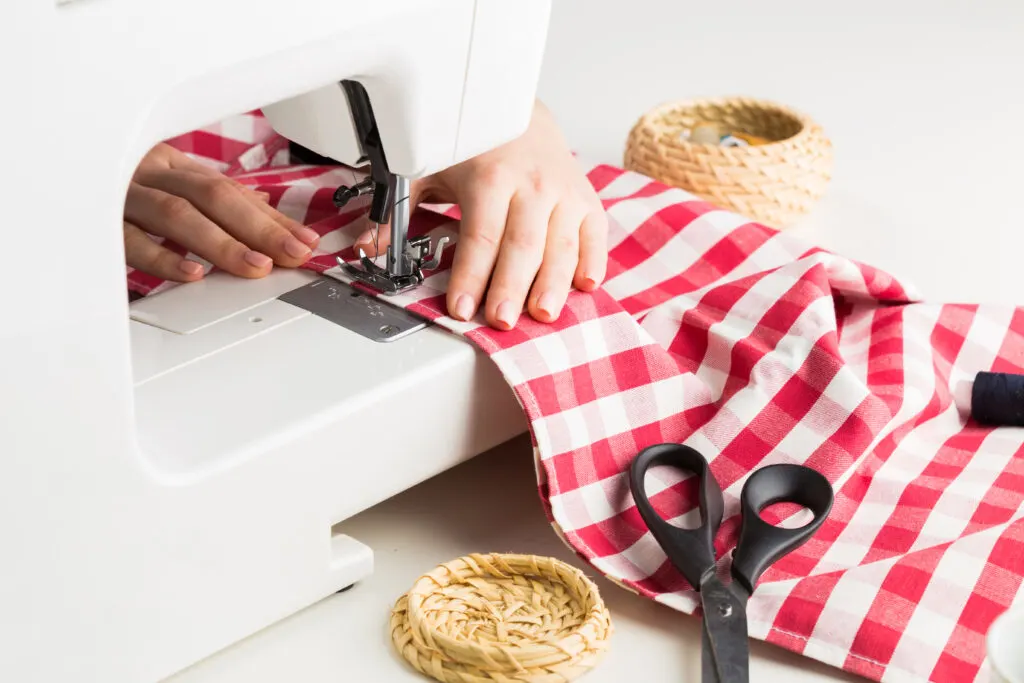
Use the Internet to Your Advantage
Although most people don’t associate technology with zero waste living, the internet is a great tool for those wanting to go zero waste on a budget. Browse Craigslist and Facebook Marketplace for cheap or even free second-hand items.
Join zero waste groups specific to your city or area for additional tips and posts about people giving things away. Download apps like OLIO that connect neighbors looking to share or trade extra food.
Look for Bulk Beyond Eco Shops
Bulk stores are a great way to get staples like grains, legumes, and oils without all of the extra packaging, but you might find that some of the smaller stores can’t offer competitive prices.
For a cheaper way to find grains and legumes, search for Asian or Middle Eastern markets, which often have staples in large quantities with minimal to no packaging.
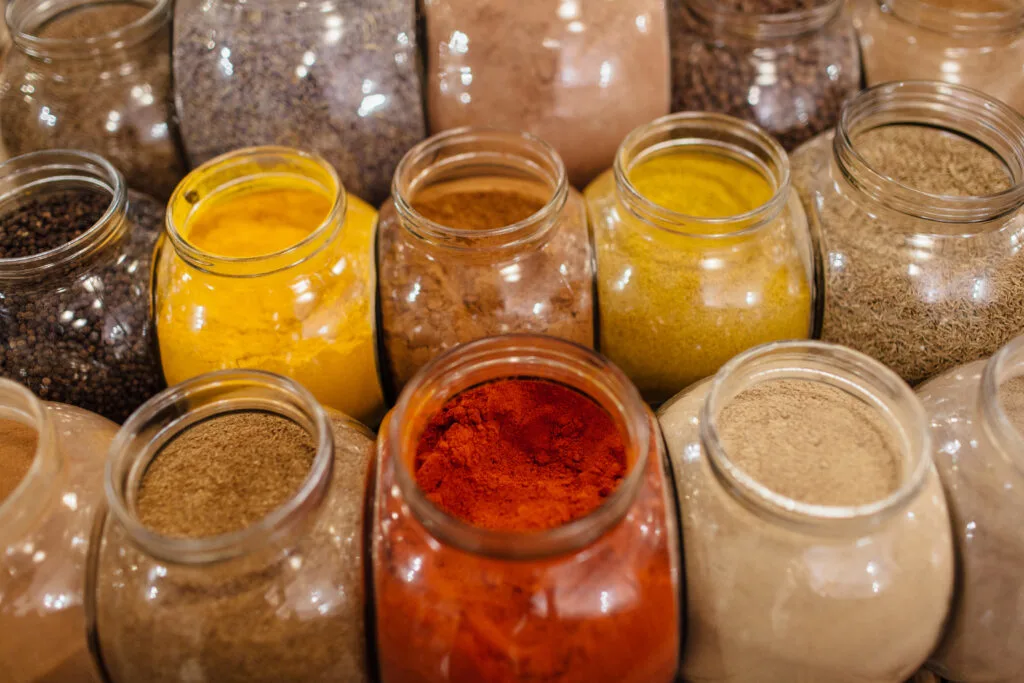
Learn What Grows Locally
For fresh produce, it can be tasty as well as economical go straight to the source. If you have some land, try your hand at a small vegetable garden. If this sounds too daunting, find a local farmers’ market or Community Supported Agriculture (CSA) program. Some CSA programs will even let you do volunteer work in exchange for your produce.
If it’s not practical to shop outside of your normal grocery store, choose produce that’s local and in season and forgo plastic bags when you can simply place it in your cart. Reusable mesh or net bags are also a great alternative – and you can easily make your own!
Become a Food Storage Master
In the US, an estimated 30-40% of the food supply goes to waste. To make sure you’re not contributing to this statistic, learn the best techniques for storing food.
From wrapping greens in cloth towels, to not storing onions and potatoes together, there’s lots to learn about plastic-free food storage. If you have something that you know you won’t finish soon, freeze it or prepare it in a way that will help it last.
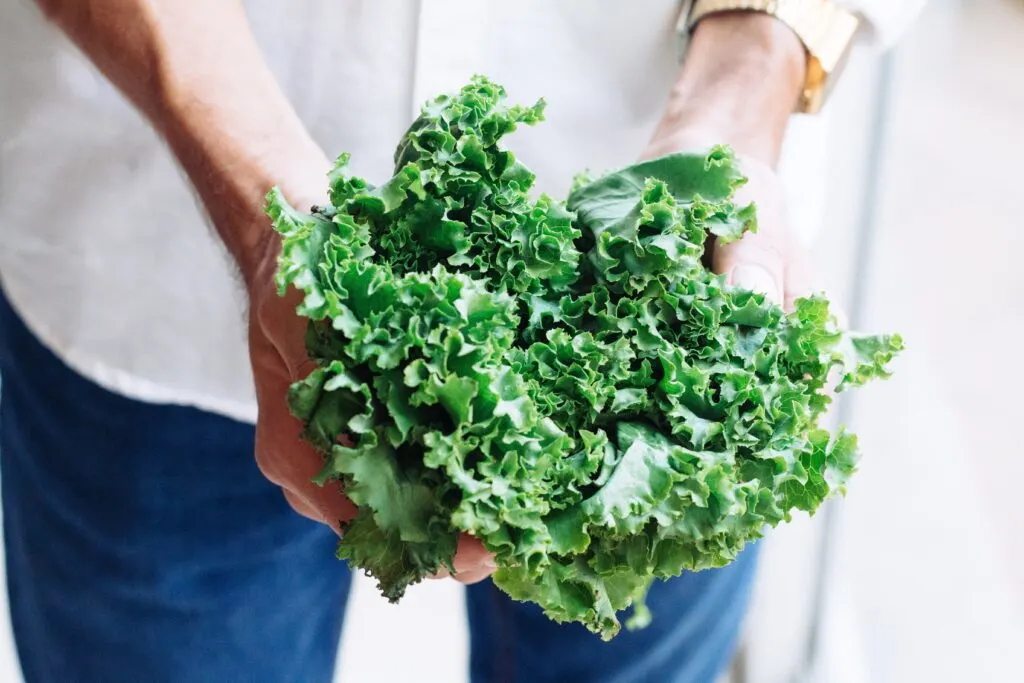
Cook! Bake! Make!
Unless you’re getting takeout in your own containers or walking to a restaurant, cooking for yourself will be less wasteful and cheaper too.
To take things to the next level, challenge yourself to use as many parts of fresh products as you can (think carrot top pesto or broccoli stem slaw) and compost the rest. While some products such as tofu or sourdough are more challenging to make on your own, start with easier ones like simple breads, oat milk, or yogurt.
Green Your Cleaning
While DIY projects like making your own soap take initial investment, making your own cleaning products is one of the cheapest and simplest things to do. Baking soda and vinegar solutions will cover most of your cleaning needs, and lemon can help keep things smelling fresh.
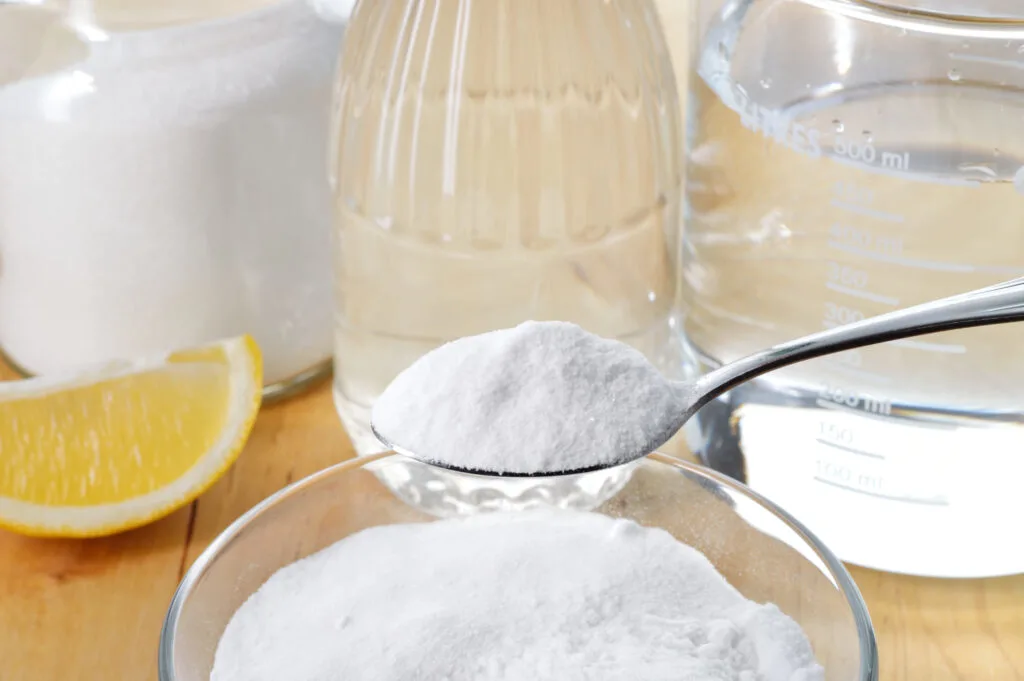
Know Your Waste
Most of us – for reasons of cost or convenience – will need to buy something packaged from time to time. Even as you strive for zero waste, it’s important to know that not all waste is equal.
If you need to buy something packaged or bottled, look for glass or aluminum containers, which are infinitely recyclable without a loss of quality.
Don’t Be Duped By Eco-Branding
Although that cool eco-branded tote may tempt you, chances are the energy used to produce it makes it a lot less sustainable than you’d think. A UK study found that a simple cotton tote needs to be used at least 131 times to make up for the impact of its production. The more design elements involved, the higher this number goes.
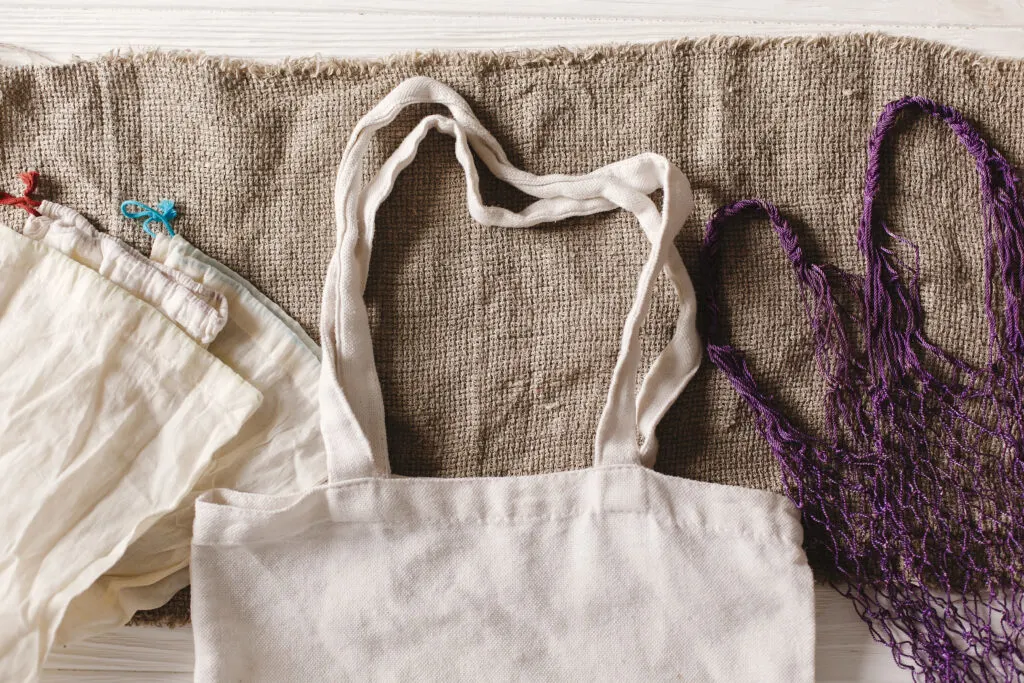
Simplify, Simplify, Simplify
For the zero waster on a budget, one of the most effective things you can do is simplify your life. Do you really need five types of lotion? Does your lifestyle require 20 pairs of shoes? Do you need to cook dishes with 15 ingredients? The more you can simplify you life, the more you will be able to save as you continue on your zero waste journey.
Beyond these zero waste tips, the most important thing to remember is that zero waste living is about having the right mindset. With a little bit of creativity and effort, you’ll find that less really can be more and you can easily be plastic free on a budget.

